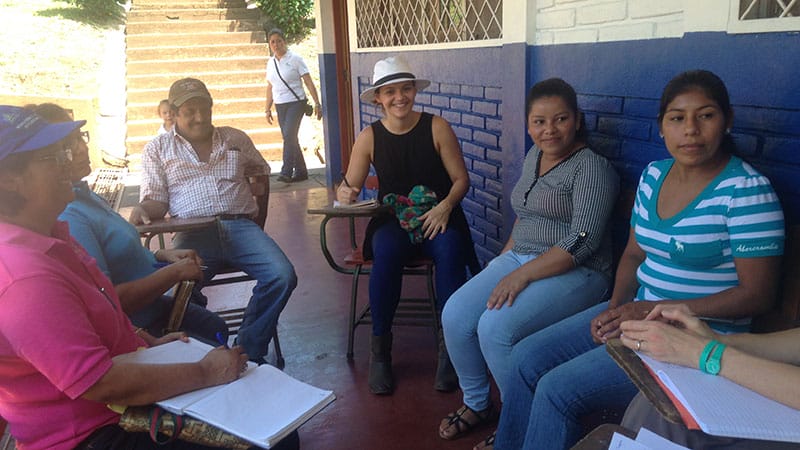Recently, I was involved in a social impact project in Latin America to increase productivity of an agribusiness by providing education for farm workers. One of the questions I wanted to know was what drove them to move to an estate during the three months of harvest. My first hypothesis was that the workers wanted to raise their salary as the harvest is the most important economic activity in that region.
But as I sat with them and asked those questions, salary came in fourth. Their first priority was room and board, second was job training, third was the condition of the plantation and fourth was salary. At first, I couldn’t understand those priorities or why salary was not the main determinant, given they underwent major displacements to work in a distant area for three months every year.
So I took a break and sat by a tree at that farm. I put myself in the farmworkers’ shoes for a while. I asked myself, “What would make me work away from home, in that farm, for three months straight?”
That’s when it all made sense. Most of the workers had families they would most likely bring along; their care and security came first. Training was next because that was unavailable to them in the cities in which they lived. The trees needed to be in good conditions so fruit yields lasted the full harvest and they would have job security. Those were the reasons why salary was not the most important factor.
As we implemented this project, I noticed how understanding the workers’ motives—having the empathy to appreciate their conditions—was decisive in the project’s design, its long-term continuity and financial success.

The author (center, in hat) on assignment during a social impact project in Latin America, where she learned the business power of empathy.
“Empathy” is defined as the ability to understand another person’s situation, to feel what they are feeling. While it is a great way to practice compassion toward other human beings (not to mention a great skill to have as an author), I have found that it has also played an enormous role in my business career. Having a Wharton MBA and over 10 years of work experience might have given me lots of technical knowledge, but at the end of the day, we do business with people—from shareholders or investors, to employees and customers—and so we must understand their drives and differences. For business transactions to occur, an exchange of value must ensue based on the varying interests of the parties involved. What is that but a negotiation of drives and differences?
Individualism has always been addressed as a virtue, and in opposition to that is empathy. Businesses might approach empathy as a soft skill rather than a core competency. That couldn’t be further from the truth. My recent project is a clear example of how, in order to create something new, in order to change, one must address vulnerabilities. Many times, companies maintain the status quo because managers fear being seen as weak by showing compassion and empathy or connecting with others. As we continue to navigate the world of business, especially with the socially minded 80 million millennials in the U.S. who will control $30 trillion in assets in the next decade, companies ought to change, or they could risk becoming inapt or obsolete.
The good news is that empathy can be taught. Compassion can be spurred in business operations. One way is through simulations where questioning, active listening and social perceptiveness are encouraged. Another way is through case studies and human interactions during which the intentions behind the actions of other people are analyzed in exercises and the appropriate response is developed and studied in collaboration with others.
When a business prioritizes a common need, it can solve the need of many. With management initiatives and focus in delivering the message that empathy is not just a nurturing ability but also a business tool for success, we can make it become our best ally in business.

























